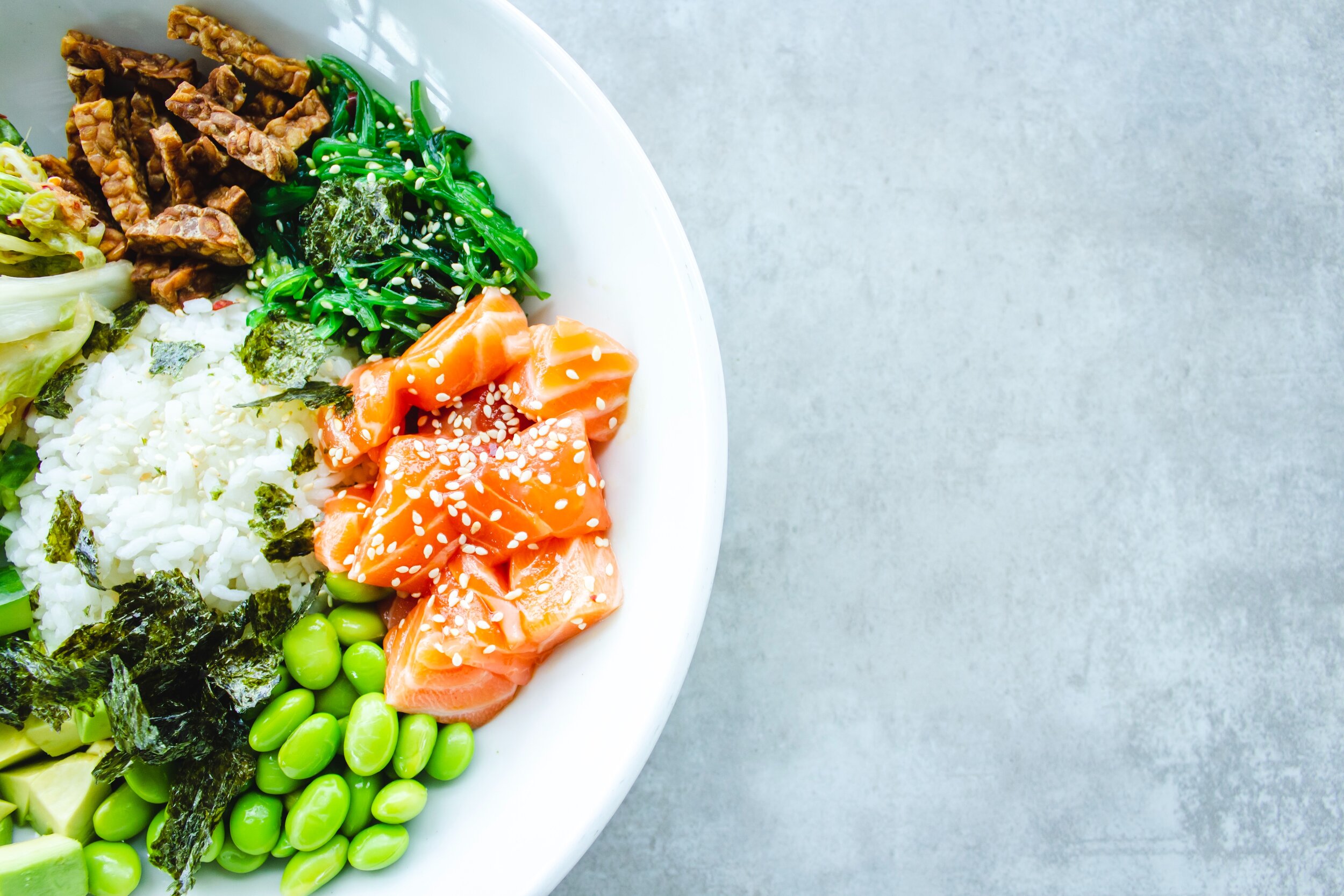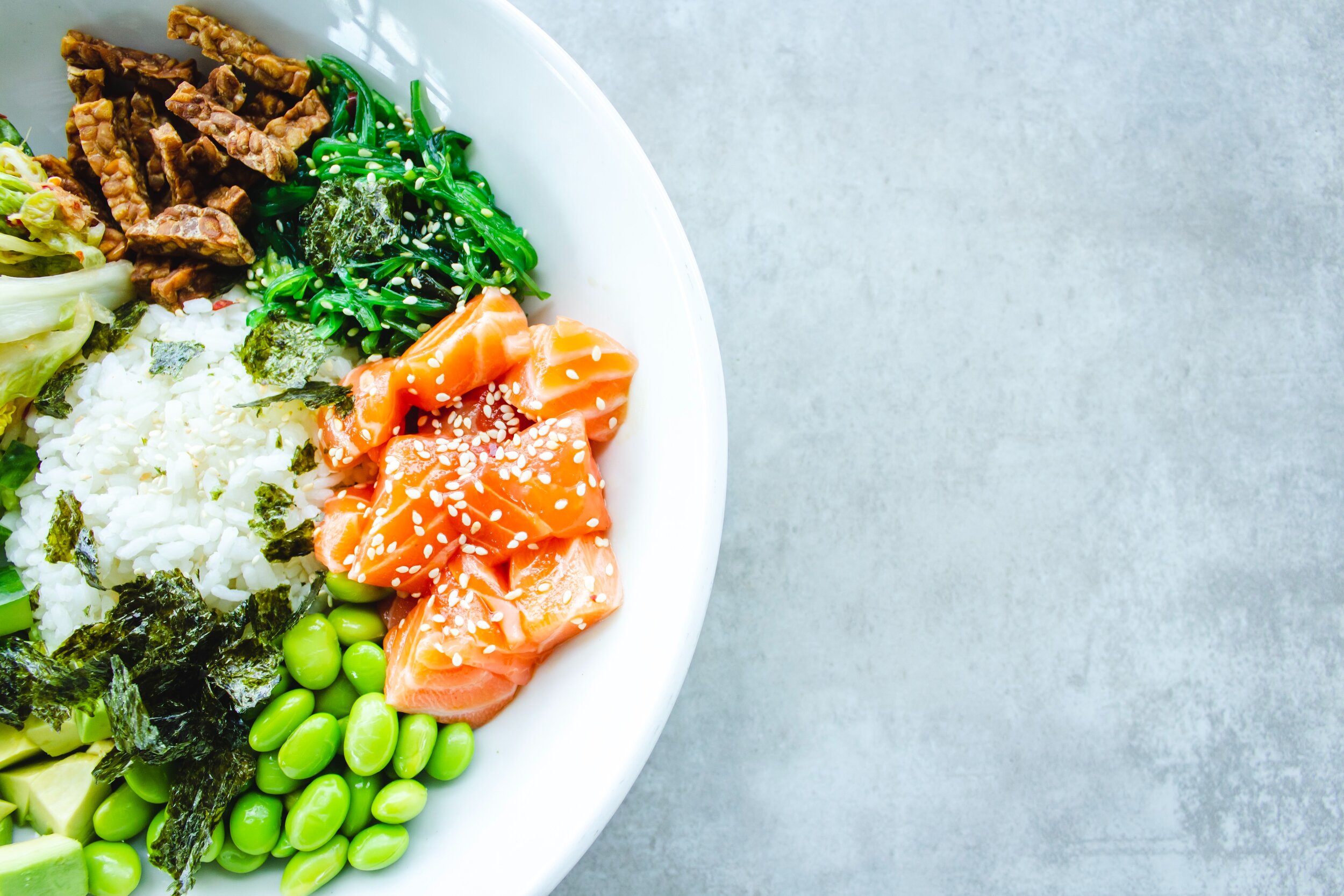With juggling many responsibilities including work, family, friends, and other responsibilities, it is easy to feel fatigued and overwhelmed. We know practicing self-care is important however at times can be difficult when having so much to do. One of the ways to cope with stress and anxiety is through our diet, via healthy eating. When stressed or anxious we are often consuming a lot of quick, unhealthy foods that only make us feel worse. We often feel these foods make us feel better, however stress-eating has been shown to be an ineffective coping strategy that can actually cause us to feel more anxious, moody and fatigued.
The Relationship Between Anxiety and Diet
What you eat impacts your anxiety in a variety of ways. Did you know large amounts of sugar can cause your blood sugar levels to drop, which can increase feelings of stress and anxiety? Processed food high in fat, sodium, and sugar impact our gut health which drastically impacts mood. Gut health specifically impacts the neurotransmitters that impact mood. Processed foods also impact inflammation which is associated with anxiety. Eating a lot of refind sugers and processed foods, items low in nutrients, are associated with vitamin and mineral deficiencies, which also negatively impact anxiety and mood (Ludwig, 2018).
Anxiety & Dietary Changes
By developing an awareness of our eating habits and the potential impact on our mental health, lifestyle changes related to eating habits can be developed. For example, while one may love a good cup of coffee in the morning, for some this brings about physical effects such as feeling jittery and irritable – worsening anxiety. Being aware of caffeine intake as well as foods that contain caffeine supports positive mental health.
Being hydrated is also important for one’s mental health as water is crucial to help your brain and body function properly. Dehydration can lead to symptoms of anxiety and negative mood. Diets rich in fruits, vegetables, lean proteins, and healthy fats are also linked to lower levels of anxiety. How? Well, protein helps sustain energy while fruits and vegetables are rich in antioxidants and other nutrients that help reduce inflammation (this is also linked to anxiety as mentioned before).
By remaining mindful of your diet you are helping your physical and mental health. Consider the impact of what you eat and drink on your mood and anxiety as you move forward.
How does your diet affect your anxiety? Share your insights in the comments. If you feel you’d like support in managing your stress and anxiety, click here.

